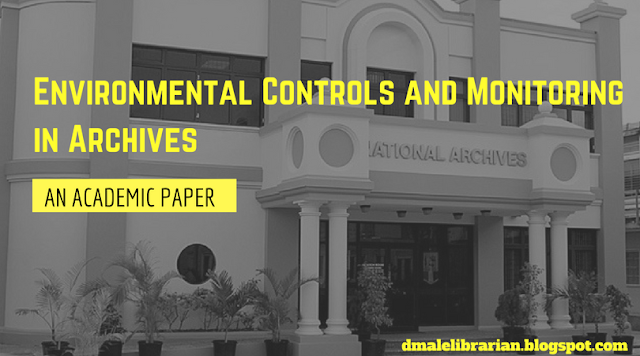1) Metadata
basically means any strand of data relating to a particular information item.
This item could take various forms from being a digital document or photo to something
in print media.
2) A
myriad of academic and professional communities use meta data to develop and
maintain their information systems and resources. Librarians and archivists
have used metadata systems before the onset of digital technology, using
finding aids and catalogue cards to inform users of the attributes of certain
items or media within their collection.
3) It
has become apparent with the onset of digital technology and the increased use
of the computer by a multitude of people metadata has left the realm of
scholars and professional. Nowadays technology has allowed anyone to partake in
data building. Some engage in formulating metadata consciously while others innocently
become involved. For instance a person with a Flickr account may upload a
picture and place it for anyone to see. In turn a viewing might have some
information about a particular image within the picture and attach a description.
Thus a process of metadata formulating may begin. Because of this development the author
asserts that there is a need for greater understanding of the critical
functions of metadata and it facets.
4) Metadata
should inform interested persons on the content, structure and context of any
information object to which it is attached.
5) Metadata
is also being created via automated means such as metadata mining, metadata harvesting
and Web crawling. There are a number of computer appreciations and programs on
the internet that facilitate these processes such as Mendeley, Endnote,
Refworks and search engines like GOOGLE. These programs facilitate a number of
functions which Anne Gililand addresses in her article for instance
·
Increasing ‘interoperability of geo spatial data
·
Increasing accessibility to sought-after information
by new types of users who do not fit the billing of academic researchers and
scholars.
6)
The
expansion and development of metadata models like Resource Description
Framework and the Semantic web will only serve to increase the growth and usage
of online meta data.
7)
It is
apparent that the onset of digital technology and the internet is drastically
how metadata is being treated with.
Issues
There is the
issue of where does this increased harnessing of metadata by various web programs
such as Endnote, Mendeley and Refworks place librarians and information
specialists? How does it challenge their roles in society as the gatekeepers
and disseminators of information when a person may be able to reference all
there is about a particular information item without having to call on a librarian
for assistance?
For librarians and archivists surging forward making items and collections
digitally accessible, the cost and labor-intensiveness of creating meta-data
repositories is worth taking into account.


Comments